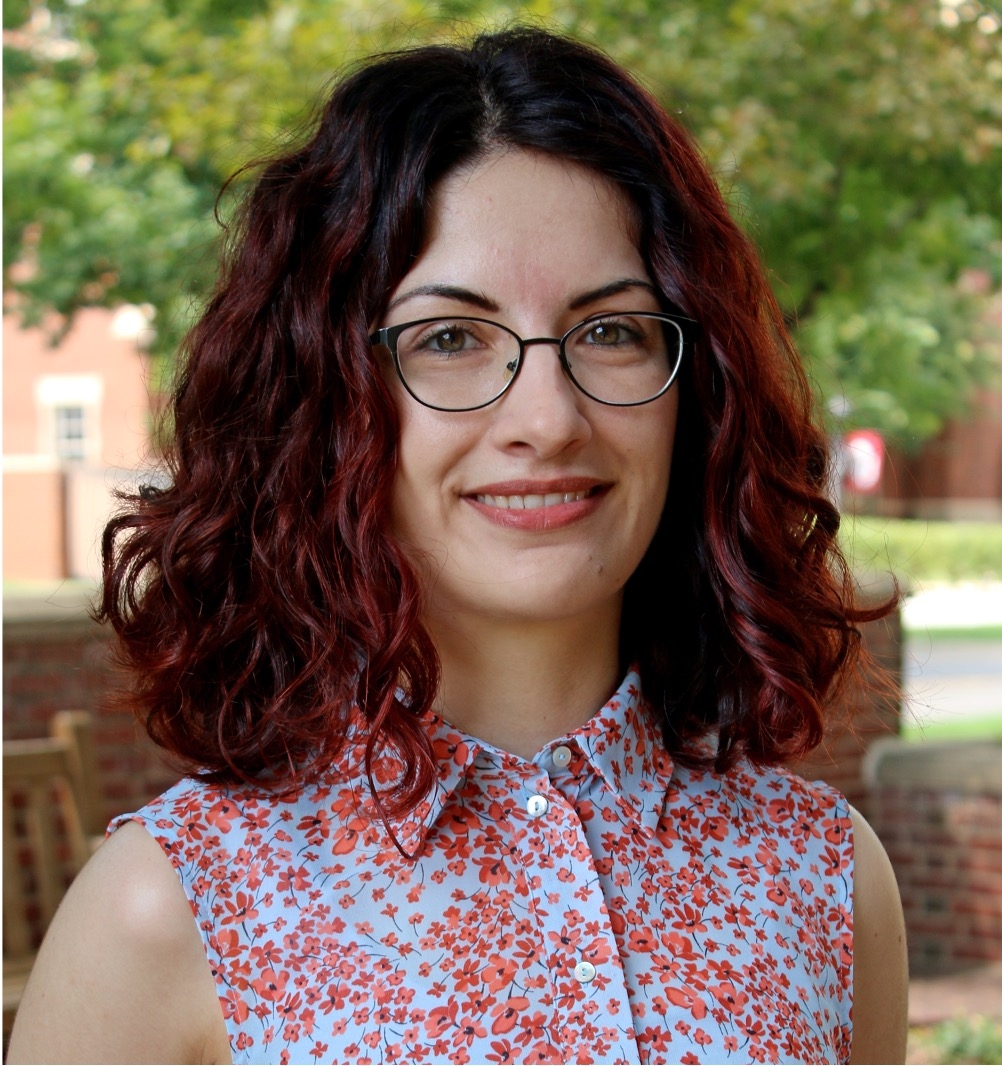In late July of 2022, Yagmur Derin was given the Early Career Scientist 1st Prize for Outstanding Presentation/Poster award from the International Precipitation Working Group. Her presentation concerned the uncertainty of satellite-based products over complex terrain using environmental parameters.
Derin is a first-generation female scientist. She studied geological engineering at the undergraduate level at Middle East Technical University in Ankara, Turkey, her hometown.
During her final year of undergraduate studies, she took a mandatory geological engineering design course in which she had to select a topic to study and solve throughout the duration of the course. “For me, hydrogeology was more interesting because I was taking courses on groundwater and remote sensing and it was very fascinating to be able to see and understand the groundwater and combine that with geology… and to be able to, on top of that, add remote sensing. It was so fascinating to me,” said Derin. The interdisciplinary nature of the work appealed to her, and she enjoyed the project so much, she applied to the master’s program to pursue it further.
There was an opportunity to study the advancement of satellite-based rainfall applications for hydrologic modeling with an emphasis on flood monitoring over mountainous terrain, and Derin was chosen to join the project. “I was able to touch many, many different topics and learn more about all of them.”
“This gave me an amazing perspective, and I understood the need to study precipitation, which is a fundamental component of the water cycle, in detail.”
During the last year of her master’s program, she attended the AGU conference and met with her future Ph.D. advisor, Dr. Emmanouil Anagnostou, to whom she pitched her ideas for future research. “He was amazed by the idea, and I was lucky, he chose me as a Ph.D. student.”
Derin studied at the University of Connecticut from 2014–2019, working on the characterization and modeling of satellite-based precipitation uncertainty over complex terrain, and describes her time there as an amazing experience.
After finishing her degree at UConn, she came to the University of Oklahoma in October 2019 to complete her postdoctoral work. Not only is the geography between Oklahoma and Connecticut vastly different, but so is the type of department Derin is working in. “Department-wise, I was affiliated with civil and environmental engineers. I’m affiliated with SoM and ARRC here. It gives me a new perspective.” She says that adding this new perspective to her work has further educated her on how interdisciplinary her work truly is.
Derin sought out OU for the opportunity to work with Pierre Kirstetter, an expert in the work she wished to pursue. At OU, she’s doing the work for which she received the Outstanding Presentation award. “Precipitation estimation in mountainous regions is uncertain because Interacting processes between the atmosphere and topography are difficult to observe,” said Derin. “I used the United States ground radar network and environmental conditions from numerical models to capture the conditions where precipitation estimation from space is challenged.”
She also works in post-wildfire flood events. “We’re trying to understand what happens after the fire, what is the magnitude and frequency of flooding, and how different these floods are from before the fire happened.”
Coming to OU in the middle of the pandemic means Derin’s been working from home for quite some time. Though she’s not been able to enjoy the in-person community a postdoctoral position would normally offer, she’s been enjoying Oklahoma nonetheless. She also enjoys knitting, crocheting, cross-stitching, reading, and board games at home, and hiking with her husband and dog, checking out new lakes and hiking trails every weekend they can. “For two years, we’ve been discovering new things, and there are still places we haven’t been.”
By Kathryn Gebauer
Article Published: Tuesday, October 18, 2022
